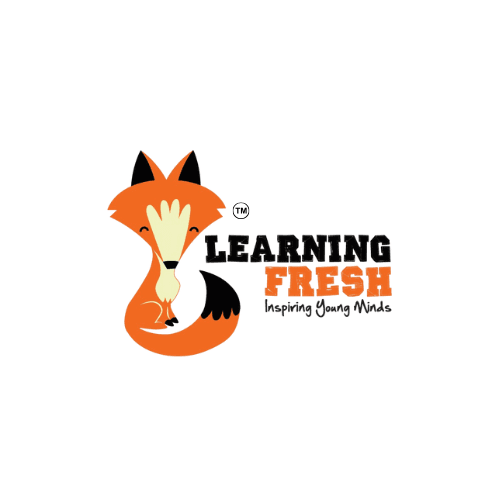Comparing Public vs. Private Education Options in Kuala Lumpur
Introduction to Education Options in Kuala Lumpur
Choosing the right education path for your child is a significant decision, and in a diverse city like Kuala Lumpur, parents have the option between public and private education. Each system offers unique benefits and challenges, making it essential to understand what each entails to make an informed choice.
Public Education System
The public education system in Kuala Lumpur is primarily managed by the Ministry of Education Malaysia. It offers a standardized curriculum, and education is free for Malaysian citizens. Public schools are the most accessible option for local families, providing a range of primary and secondary education levels.
One of the primary advantages of public schools is their emphasis on national unity and culture. Students in public schools often engage in activities that promote national identity and values. However, there can be challenges such as larger class sizes and limited resources compared to private institutions.

Private Education System
Private education in Kuala Lumpur offers an alternative with a variety of curricula including International Baccalaureate (IB), Cambridge IGCSE, and American systems. These schools often have more flexible teaching methods and smaller class sizes, allowing for more personalized attention.
The facilities in private schools are generally more advanced, with state-of-the-art technology and extracurricular programs. However, these benefits come at a cost, as private education can be significantly more expensive than public schooling. This factor can influence the decision for many families.

Curriculum Differences
The curriculum is a critical factor when comparing public and private schools. Public schools follow the national curriculum which emphasizes Bahasa Malaysia, while private schools may offer multi-language instruction and international curricula that cater to global standards.
Parents looking for a specific educational approach or language instruction might find private schools more appealing. On the other hand, those who value cultural integration and national curriculum may prefer public schools.

Extracurricular Activities and Development
Extracurricular activities play a significant role in the holistic development of students. Public schools offer a variety of activities, but they can be limited by resources and funding. In contrast, private schools typically provide a broader range of options, from sports to arts and technology clubs.
This difference can impact a child's development outside the academic sphere and help shape their interests and skills. Parents should consider how important these activities are when choosing between public and private education.
Conclusion
Both public and private education options in Kuala Lumpur have their own sets of advantages and challenges. The decision ultimately depends on individual family needs, financial considerations, and educational goals for the child.
By understanding the core differences between these systems, parents can make a well-informed choice that aligns with their aspirations for their child's future. Whether choosing public or private, Kuala Lumpur offers diverse opportunities for quality education.
